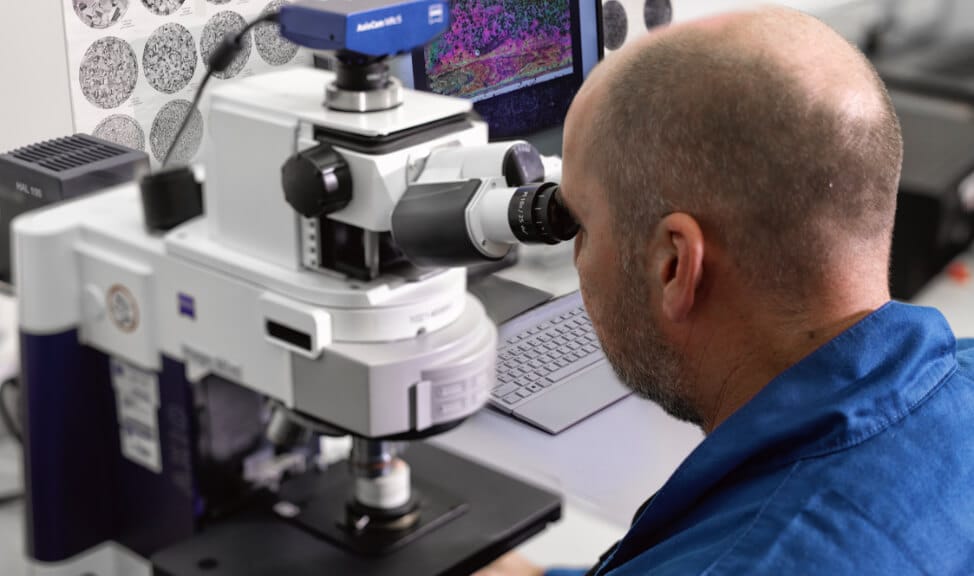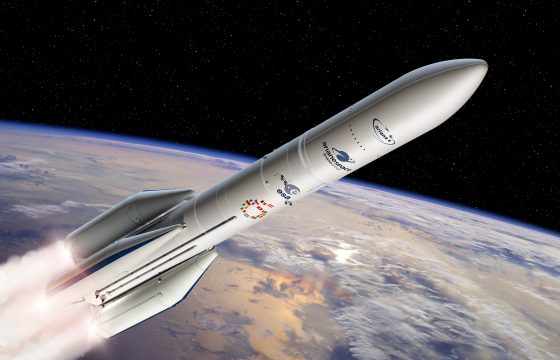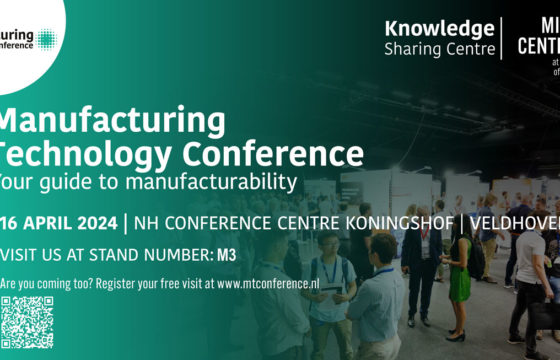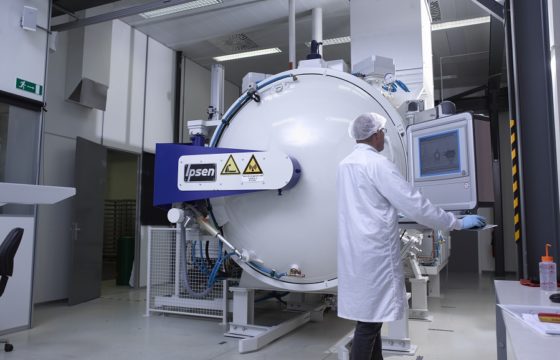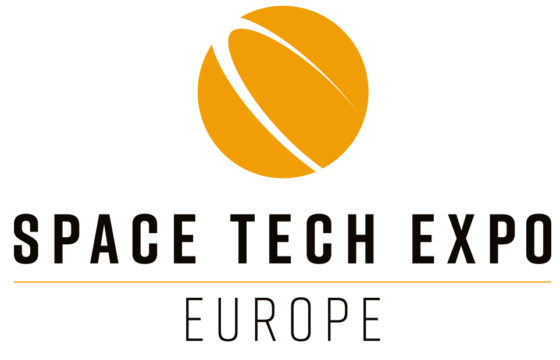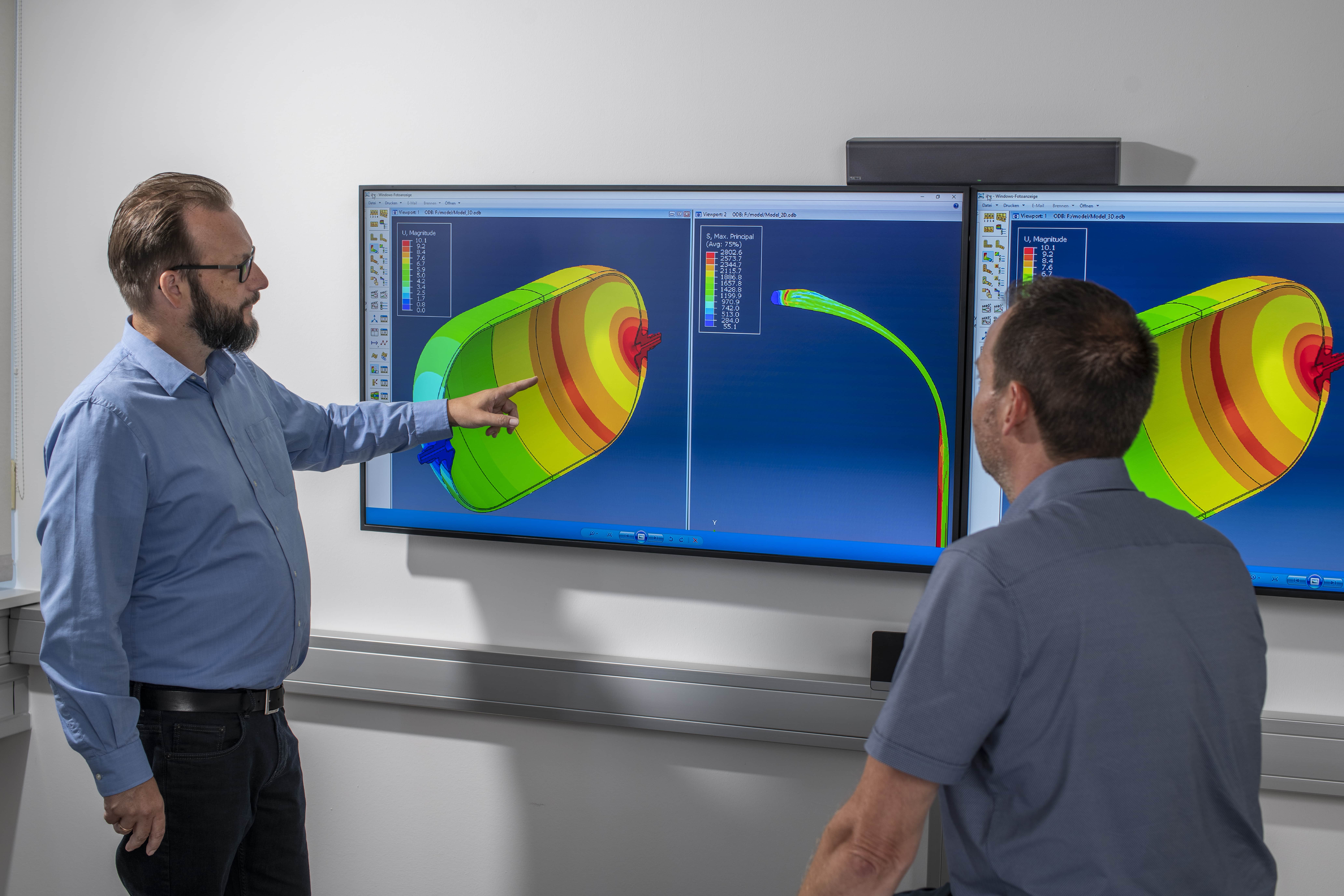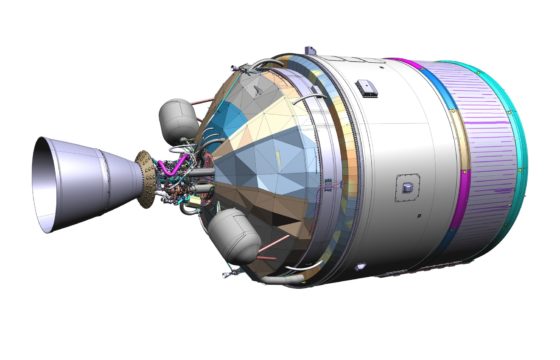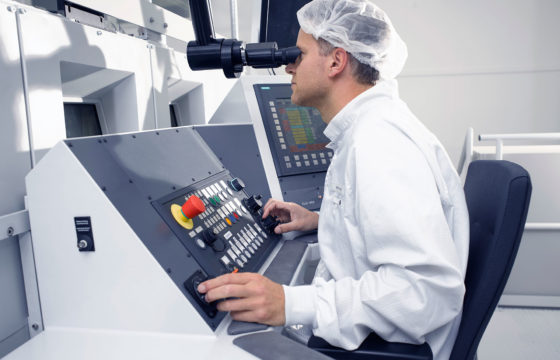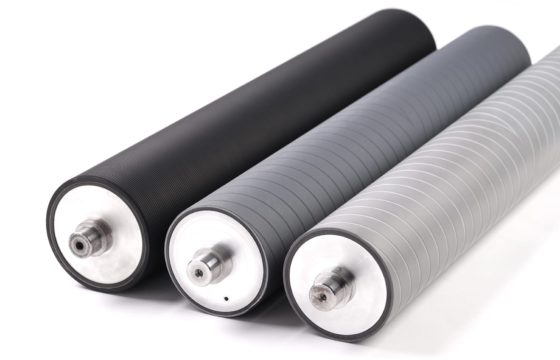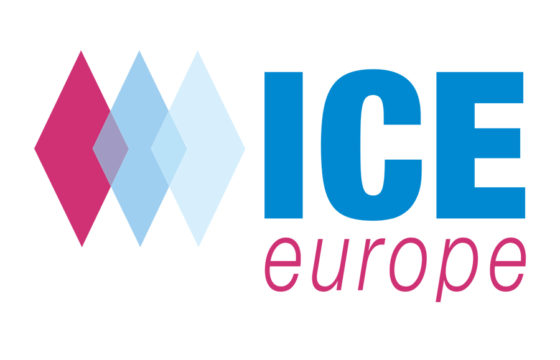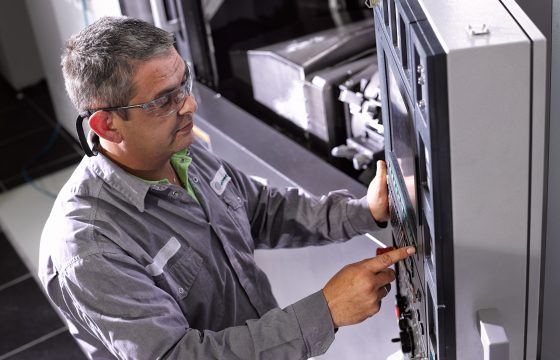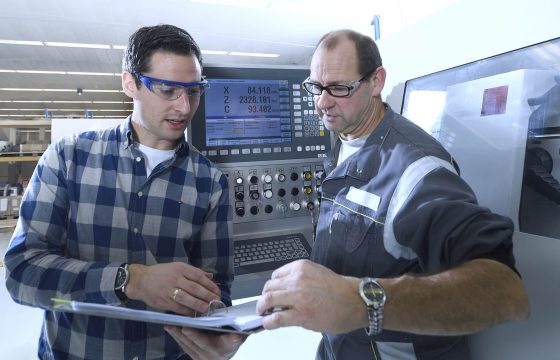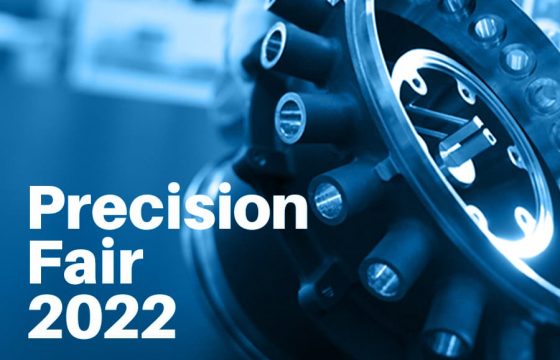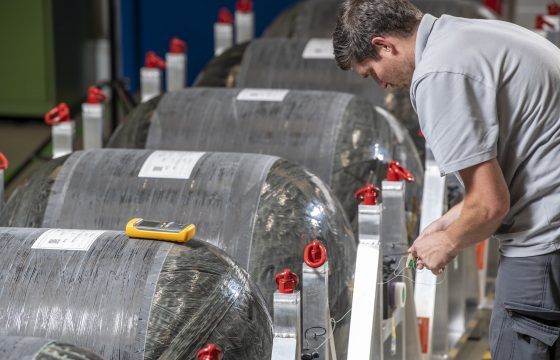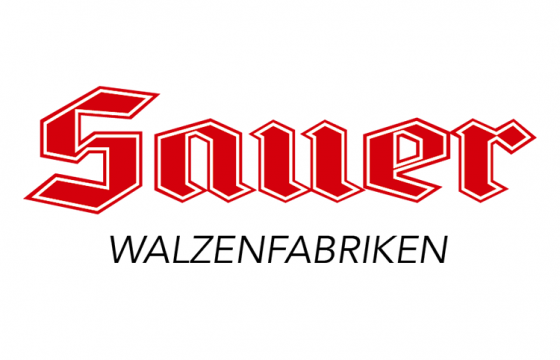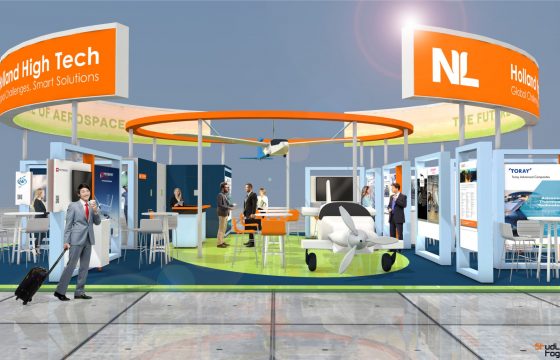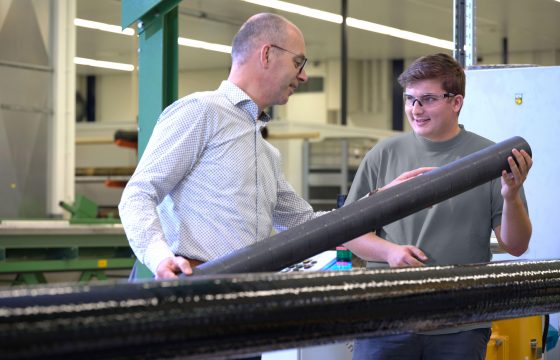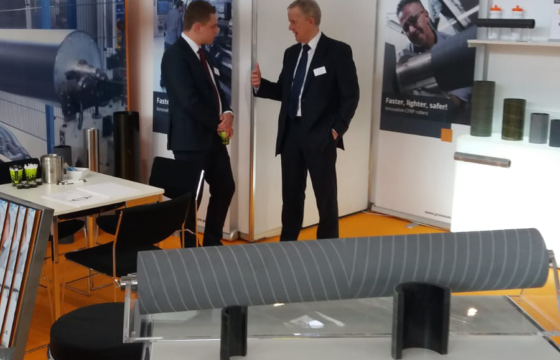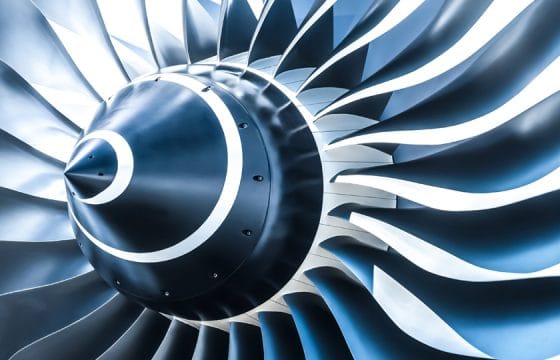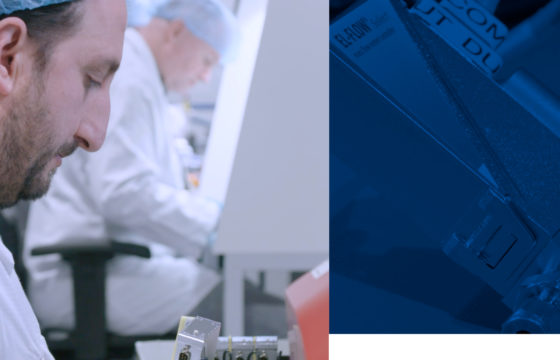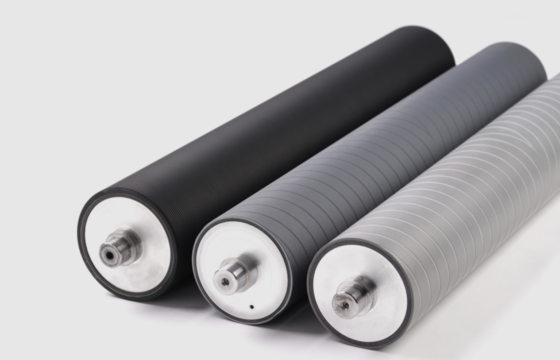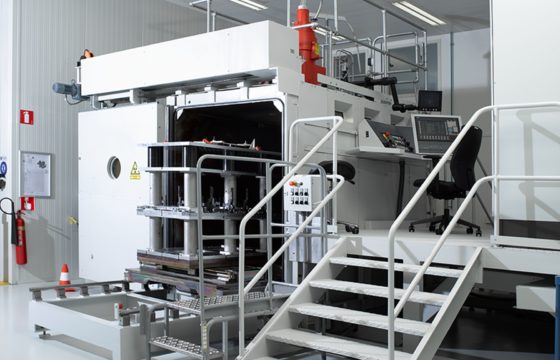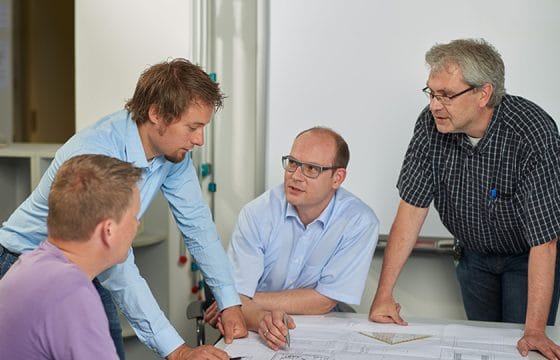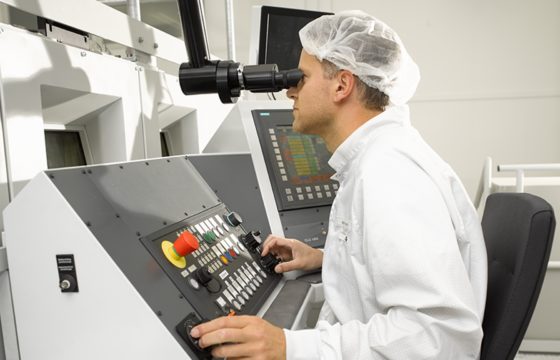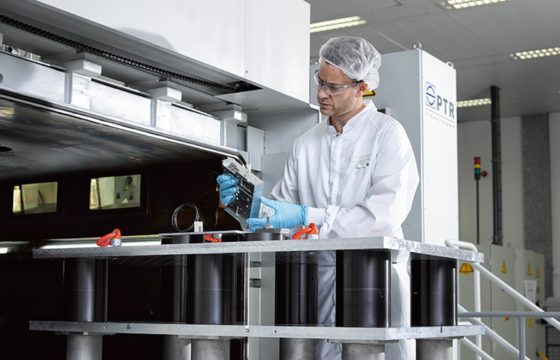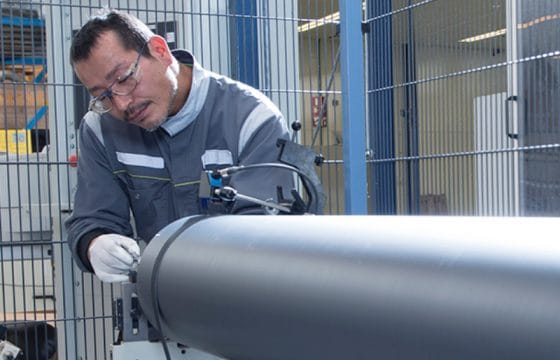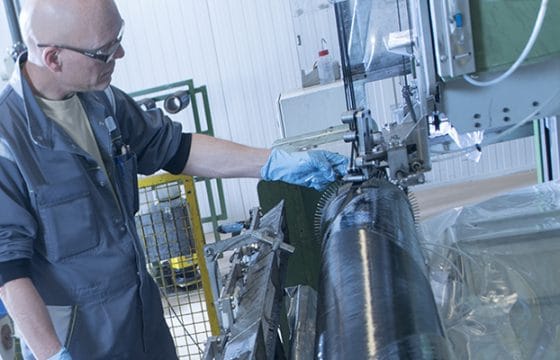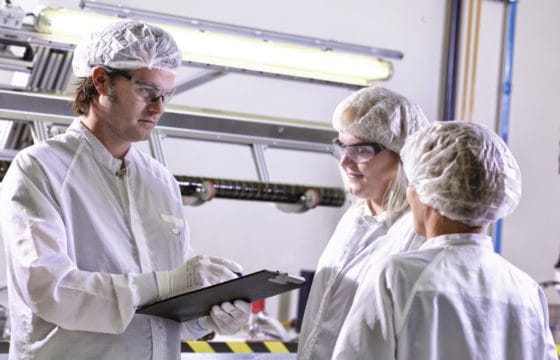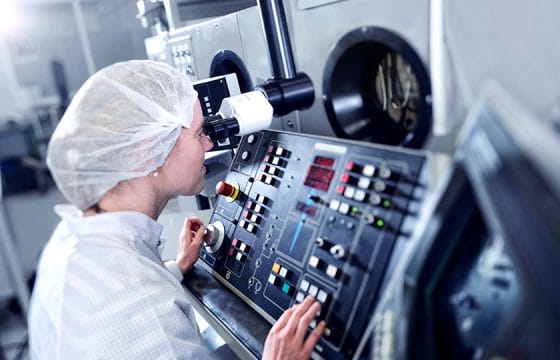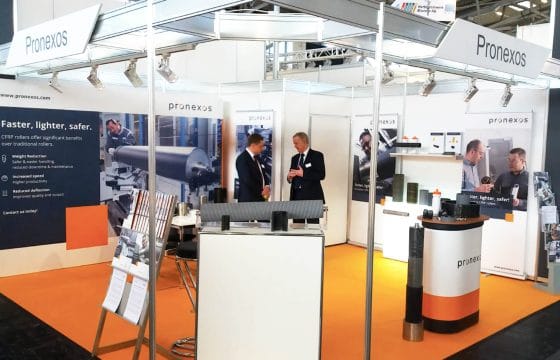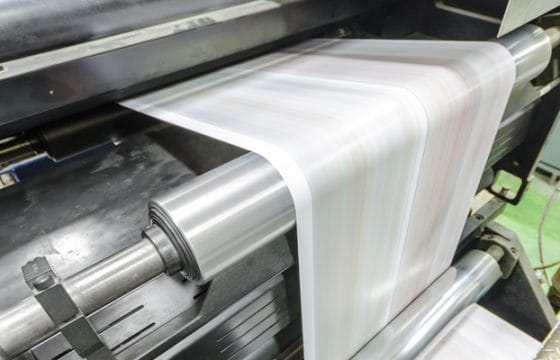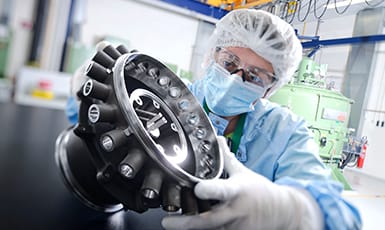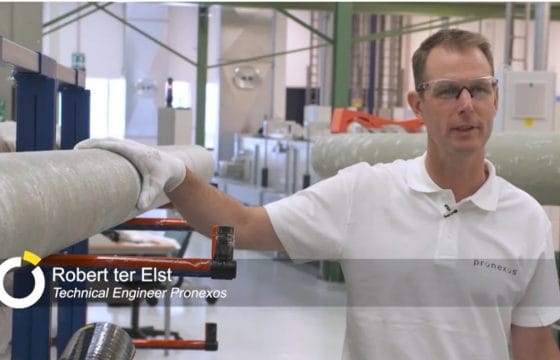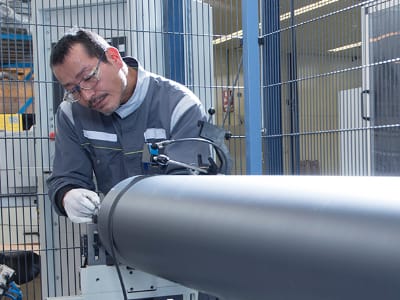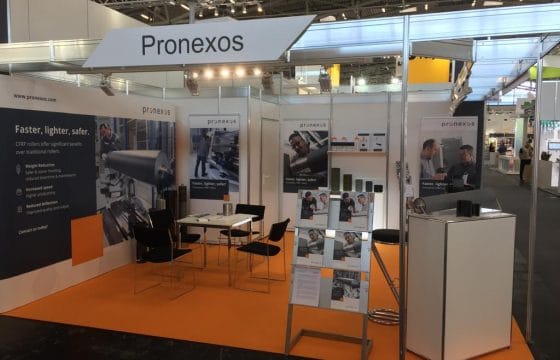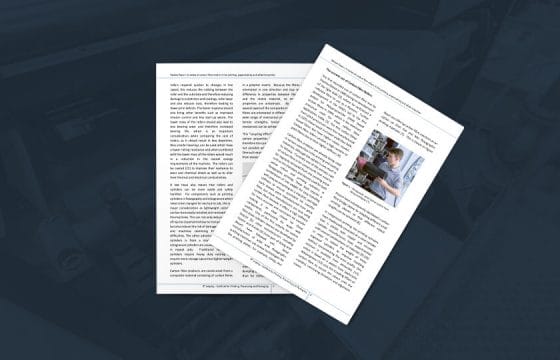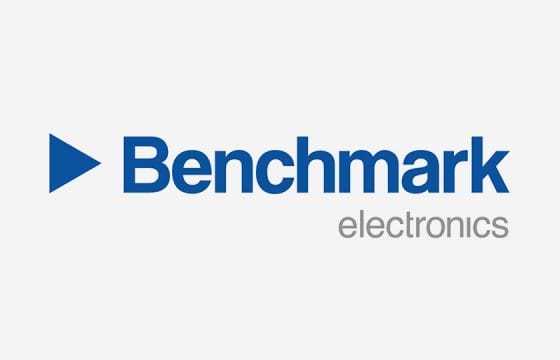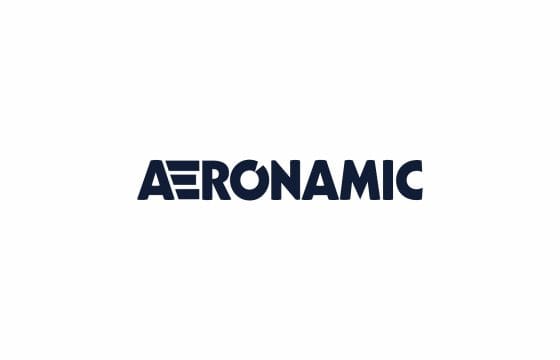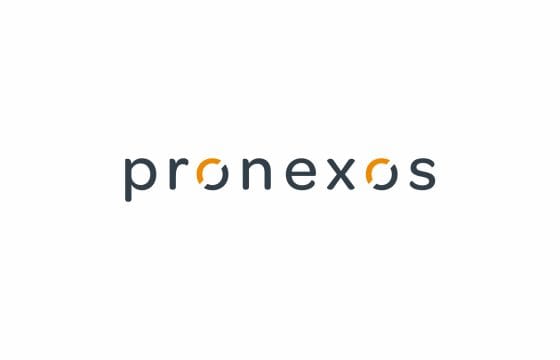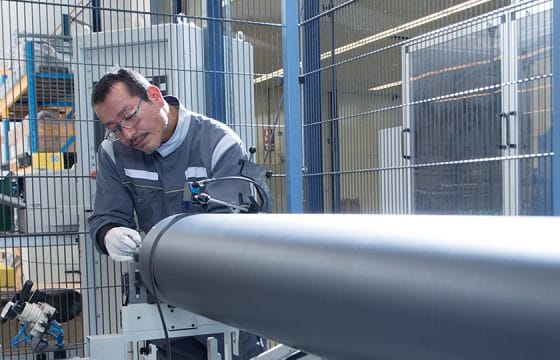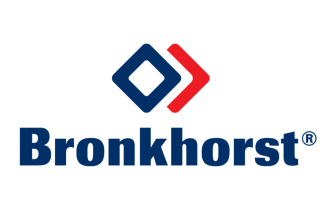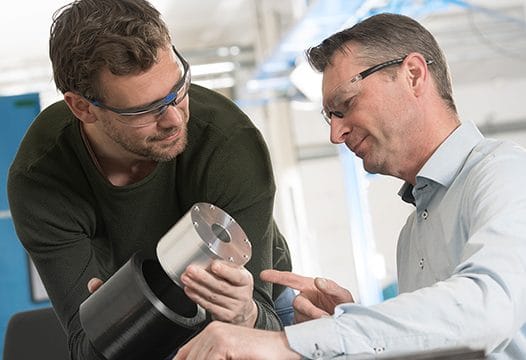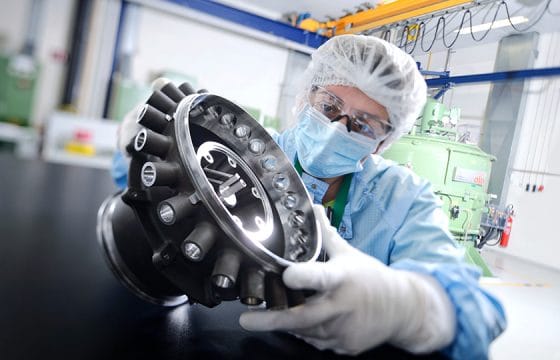Based in The Netherlands and Germany, Pronexos is a supplier of specialist manufacturing products, engineering and other services to high-tech sectors like aerospace, the semi-conductor industry and the energy industry.
One of the unique capabilities that Pronexos can offer its customers is a well-equipped Materials Laboratory on our site at Almelo of around 400m2. The lab is staffed by highly experienced technicians and fitted out with a range of high-tech equipment. It contains various advanced measuring and testing equipment, enabling Pronexos to perform a range of destructive and non-destructive tests, as well as chemical analysis testing, in house. This enables us to offer our customers faster and better product development, better quality assurance, and other research and development services such as materials testing.
Materials Laboratory services
The following services and techniques for destructive and non-destructive testing are available to Pronexos customers at the lab in Almelo, Netherlands:
- Advanced Microscopy – The materials lab has four different microscopes, as well as a range of sawing, sanding and polishing tooling to ensure good samples and cross-sections are prepared. As well as two regular microscopes used for investigating smaller products and materials, the lab also offers:
- a stereomicroscope for investigating materials with magnification up to 100x;
- two light microscopes for investigating material with a magnification up to 1000x, using different types of light: e.g. bright field, dark field, DIC and polarised light.
- An Electron microscope with EDX detector, which is used to examine materials with a magnification up to 100,000x (depending on the material and its conductivity)
- Mechanical testing – The materials lab offers two tensile testers. A MTS Landmark tensile tester which is used to perform tensile tests up to a force of 50kN. This machine is especially useful for testing metal fatigue and fracture growth, as well as tension, bending and compression testing. The MTS Exceed 42 tensile tester which is used to perform tensile and compression tests from 5N to 5kN
- Hardness measuring – The lab also contains a Struers Duramin A-300 hardness tester, which measures material hardness using the Vickers and Brinell methods
- Thermal analysis – Several techniques and machines are used at the lab to determine thermal properties of materials, such as glass transition temperatures; reactivity; reaction kinetics.
- Viscosimetry – The materials lab has an advanced rheometer which can determine the viscosity of a material, as well as other visco-elastic properties at a constant temperature or gradient. This is used, for example, to determine the yield stress of resin systems or monitor the shear thinning/thickening behaviour of a paint for example. The rheometer can also be used as rotational viscometer which measures and determines the viscosity profiles of resins and resin systems; and an Ubbelohde viscometer, which measures characteristics useful in analysing polymers in solution
- Chemical analysis – The Material Lab offers a FTIR for chemical analysis of mainly organic materials, like polymers, oils and pollution. The FTIR is equipped with a diamond ATR, a Se crystal for rubber analysis and an exclusive library. The lab can use various techniques to track the content and nature of water used in manufacturing and chemical processes. It can reveal pH, conductivity, silica content, organic content and biological activity, as well as chemical presences. This is extremely useful in tracing the cases of stains or chasing the source of unknown or hazardous substances.
Non-destructive testing (NDT)
Of course, being a company with specialist welding as part of our service portfolio, Pronexos can also offer a full range of non-destructive testing as well, such as penetrant testing or Eddy Current testing. Pronexos offers a dedicated NDT room in the lab, where we undertake:
- Penetrant testing – this is used to identify and assess any discontinuities in a material, such as cracks, pores and other imperfections. This is often used to analyse the quality of welds.
- Eddy Current testing – this technique allows us to analyse imperfections both on and under the surface. The Material Lab offers the Eddy Current testing instruments for rod testing and manual testing.
